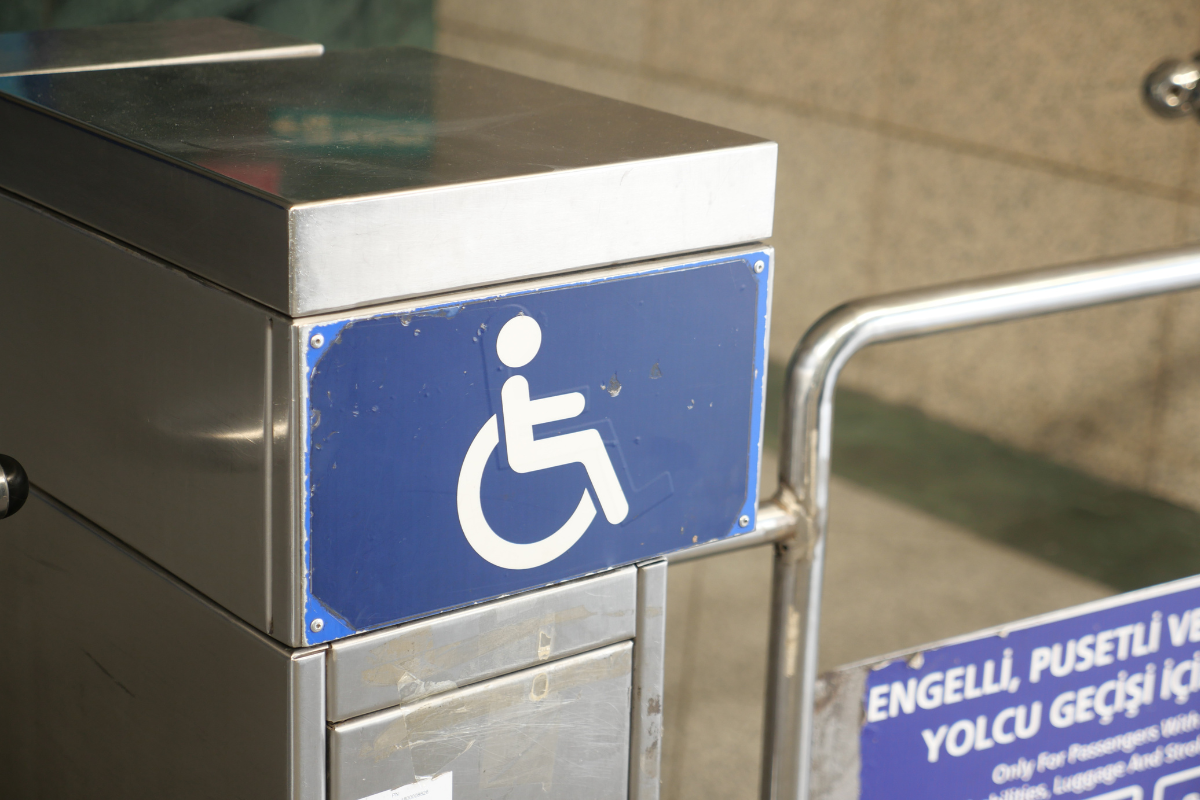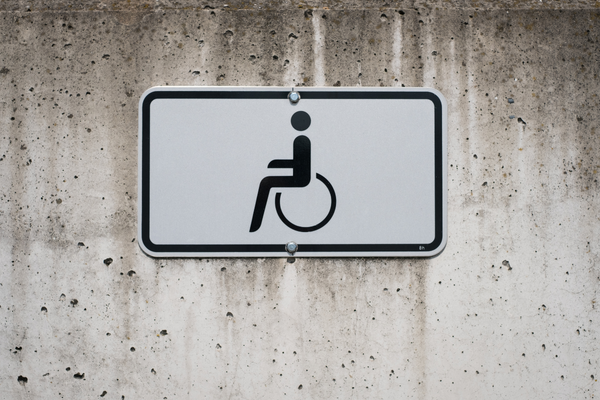1/27/25 - Trump Stuff: Medicaid, DEI, and remote work


Medicaid: What to Watch in 2025
Robin Rudowitz, Alice Burns, Elizabeth Hinton, and Jennifer Tolbert, KFF (Kaiser Family Foundation) - January 23, 2025
"According to documents reported on by Politico, House Republicans are considering $2.3 trillion in Medicaid cuts from policy changes that include: imposing a per capita cap on federal Medicaid spending, reducing the federal government’s share of costs for the Affordable Care Act (ACA) expansion group, imposing Medicaid work requirements, reducing the minimum federal matching rate for Medicaid expenditures, changing the match rate for the District of Columbia, and repealing the incentive for states to newly adopt the Medicaid expansion that was passed in the American Rescue Plan Act. These policy changes would fundamentally alter how Medicaid financing works and federal spending reductions of this magnitude would put states at significant financial risk, likely forcing them to cut the number of people covered, cover fewer benefits, and cut payment rates for physicians, hospitals, and nursing homes."
The possibility of major Medicaid cuts, funding caps, or eligibility changes is arguably the greatest single threat disabled Americans face in the new Trump administration. We faced similar threats to Medicaid in 2017. Disability activists were instrumental in dramatizing the cost of such drastic cuts to real people, and forcing members of Congress to face people who would be hurt by them. This helped kill both repeal of the Affordable Care Act, and the proposed cuts and restructuring of Medicaid. Can we do that again if we have to?
What Does President Trump’s DEI Rollback Mean For Disability Inclusion?
Gus Alexiou, Forbes.com - January 24, 2025
"As far as disability hiring is concerned, what happens next in all likelihood spins on a fairly predictable fork in the road ahead. Disability inclusion may suffer intensely from the “last in, first out” effect that has characterized its slow ascent towards the top of the boardroom agenda in comparison to other segments ... On the other hand, as a bi-partisan issue that has often been viewed outside the anti-woke backlash, it might just receive some shielding from the ongoing fracas."
A lot depends on how far the Trump administration wants to pursue the "logic" they seem to be proposing – that merely discussing diversity, equity, and inclusion is by definition discriminatory. Will all efforts to open up opportunities for people with disabilities, in government and business be under fire? An even more disturbing question is probably already taking shape as well – what should disability activists do if it turns out the anti-DEI initiative is really just about race and gender, and disability initiatives get some kind of reprieve – some version of "It's okay, we don't mean you?" Would that be okay? Will the disability activist community fight for inclusion and justice overall, or try to cut some kind of deal? Would that be a win for disability rights, or a betrayal of deeper values that most disability communities at least try to maintain? How disabled people respond to the new Trump administration – especially its vendetta against DEI, will say a lot about who we are as a community, or group of communities.
Returning to the Office
Grace Dow, Grace Dow Writes - January 24, 2025
"Requiring a blanket return to the office without regard for individual needs violates the ADA and may subject the government to lawsuits. A one-size-fits-all approach to workplace policies ignores the diverse needs of the federal workforce, particularly those of disabled employees."
For people with disabilities the key element of issue seems like it will be whether the Americans with Disabilities Act can be used effectively to defend expanded work from home specifically for disabled people. In addition to ruining may disabled people's ideal ways to work and earn a living, scaling work from home back a lot seems likely to drive disabled employment rates back down, after they went up a good bit during the COVID era. It's yet another thing that will need to be watched closely in the coming weeks and months.
Disability Thinking Weekday is a Monday-Friday newsletter with links and commentary on disability-related articles and other content. Please like, share, comment, and subscribe — for free, or with a paid subscription. Benefits of paid subscription include:
- A monthly recap with links to all of the previous month's shared articles, organized by topic.
- Listing as a supporter, and a link to your website if you have one.
- You can recommend one disability-related article for me to share per month in a weekday post.
Note: For the rest of January, full-year paid subscriptions are $40. This price will go up to the regular $50 on February 1. So if you have been thinking about a paid subscription and can manage it, now is a good time to go for it! Of course you also have the option of a $5 monthly subscription, which you can cancel any time if you need to.
I am so grateful for your help and engagement, in whichever forms you choose!



